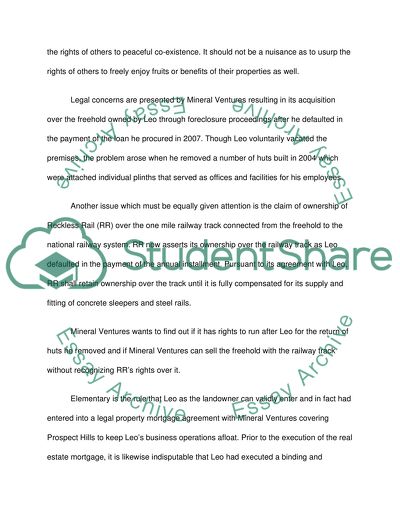Cite this document
(“LAND LAW Essay Example | Topics and Well Written Essays - 3000 words”, n.d.)
Retrieved from https://studentshare.org/environmental-studies/1406401-land-law
Retrieved from https://studentshare.org/environmental-studies/1406401-land-law
(LAND LAW Essay Example | Topics and Well Written Essays - 3000 Words)
https://studentshare.org/environmental-studies/1406401-land-law.
https://studentshare.org/environmental-studies/1406401-land-law.
“LAND LAW Essay Example | Topics and Well Written Essays - 3000 Words”, n.d. https://studentshare.org/environmental-studies/1406401-land-law.


